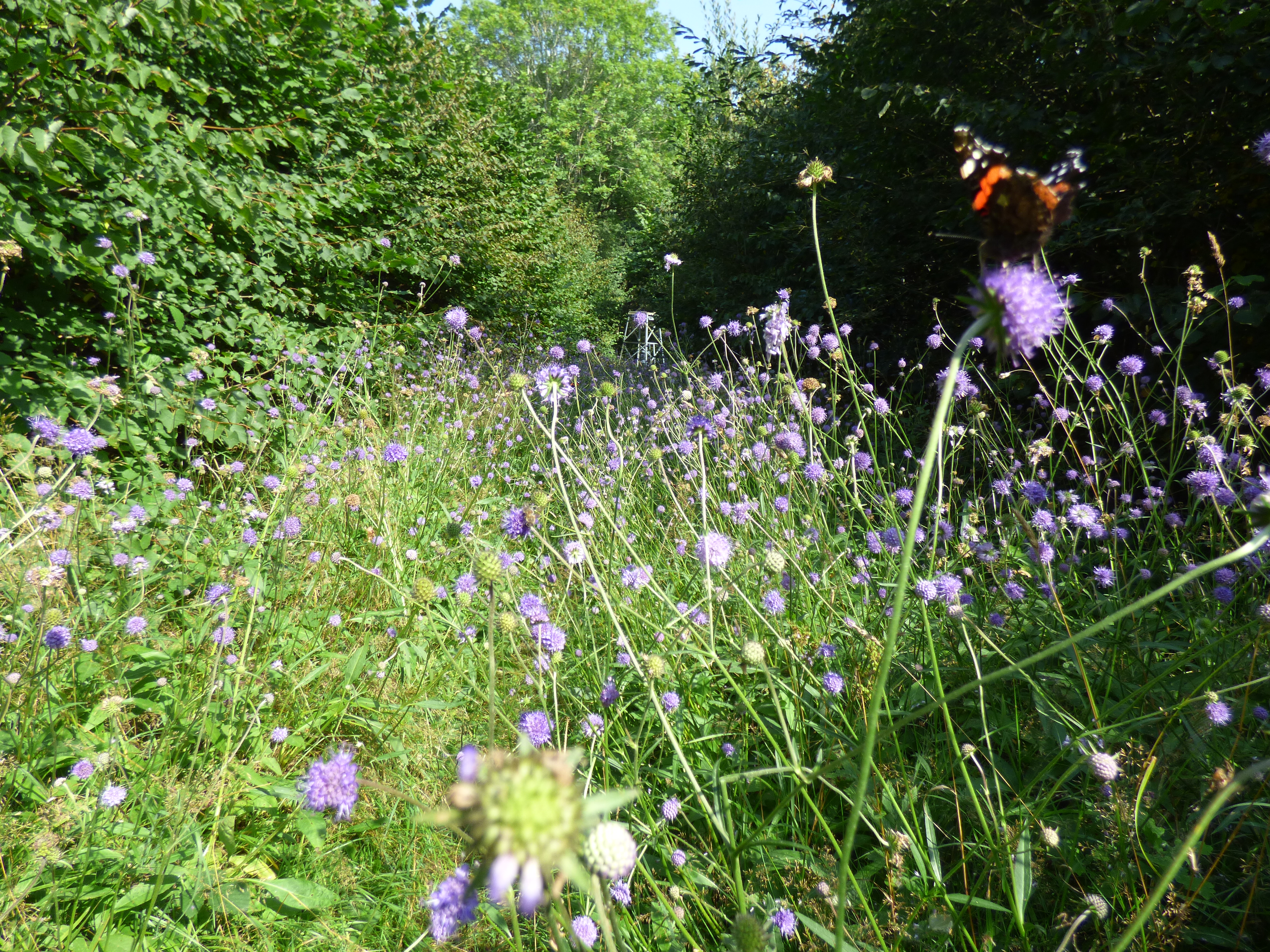Butterfly Conservation welcomes the recently published EU Nature Restoration Law. Grassland ecosystems are one of the most damaged and threatened ecosystems and populations of butterflies and other wild pollinators are in decline.
So, the inclusion of a binding target for pollinator recovery, support for field monitoring, including grassland butterflies, and investment in ecosystem restoration are big steps forward. We call on MSs and the EU Parliament to give strong support to the proposed legislation. It will put the EU on a pathway to more sustainability, food security, and the recovery of nature and ecosystems which underpin human well-being."
On this day we want to especially thank all of our volunteers across Europe and the UK whose decades of pioneering transect monitoring have contributed to the development and adoption of this legislative proposal at EU level.
Here in England, legally-binding targets are the centrepiece of the Environment Act framework for restoring nature. If they are done well, they can provide the long-term certainty needed to drive action and investment in environmental restoration. Unfortunately, the Government’s initial proposals are limited in scope and ambition. The final targets are due to be laid before Parliament in October – the proposals must be strengthened before then to live up to the promise of passing on nature in better condition.
The target to increase the abundance of wildlife by 10% by 2042 over 2030 levels is too weak and uncertain. It could mean that wildlife is less abundant by 2042 than it is now, after another decade of decline. This falls short of the promise to pass on nature in better condition.
The Defra consultation closes on 27th June – there is still time to get your comments in! To submit a comment please view here.


